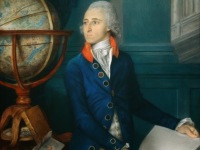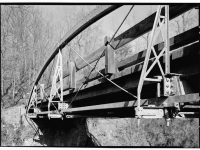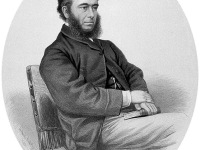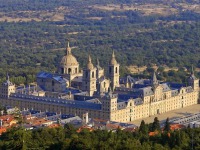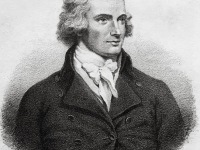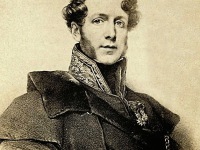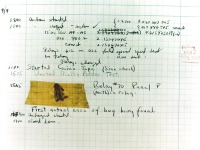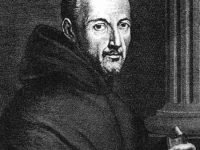John Goodricke and the Variable Star of Beta Persei
On September 17, 1764, English amateur astronomer John Goodricke was born. He is best known for his observations of the variable star Algol (Beta Persei) in 1782. He was also first to correctly propose that the distant sun is periodically occulted by a dark body. John Goodricke Background Not much is known about John Goodricke. Clear is only that the astronomer was deaf and passed away very early at the age of…
Read more











